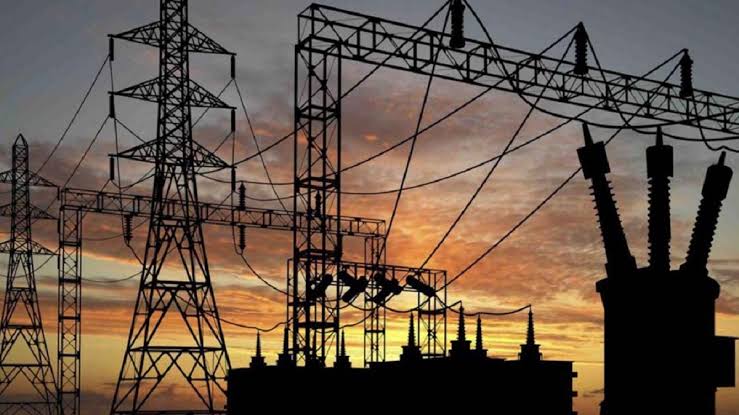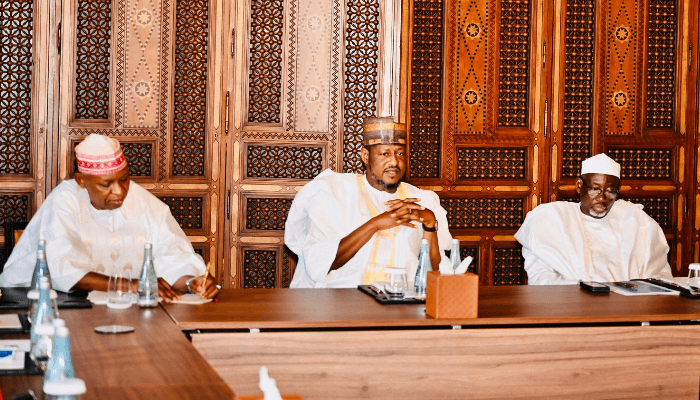In a landmark move to tackle the electricity crisis, the governments of Kano, Katsina, and Jigawa states have announced a collaboration to establish a regional electricity market, backed by a N50 billion fund.
The agreement, struck and concluded during a high-level electrification summit in Morocco, was designed to facilitate power access for millions of consumers in the region.
The initiative is motivated to expand the scale of embedded power generation, solar home systems, grid extension, and mini-grids—this was disclosed according to a statement posted on X (formerly) on Monday by Sa’ad Umar Faruk, the Public Relations Officer of the Kano State Ministry of Power and Energy.
The statement revealed that the three states are also planning to acquire equity stakes in Future Energies Africa (FEA), the core investor in the Kano Electricity Distribution Company (KEDCO). Investing in the share is expected to boost KEDCO’s direction, while significantly improving electricity supply across the region.
Kano State Commissioner for Power and Renewable Energy, Gaddafi Sani Shehu, was quoted saying the states will collaborate to explore areas of mutual benefit, promote regulation, and enhance cooperation in their electricity markets.
“State representatives will convene an annual international retreat and meet quarterly to review progress, set direction, and strengthen ties for the Northwestern tri-state electricity market,” the statement added.
Approved by President Bola Ahmed Tinubu in June 2024, the established regional initiative is sanctioned by the 2023 constitutional amendment, empowering states the authority to generate, transmit, and distribute electricity—a function that was once within the exclusive power of the federal government.
The collaboration also aligns with the ongoing efforts by the Nigerian Electricity Regulatory Commission (NERC) to decentralize electricity oversight in the country, transferring regulatory roles to state governments.
The statement described the agreement as “a significant step towards improving electricity access and supply in the region, promoting economic growth, and enhancing the quality of life for citizens.”

Why The Initiative Matters—Expert
With average sunshine exceeding 6.5 hours every day, with large amounts of underdeveloped land, the region could turn into a renowned home for technological solar farms, battery storage, and hybrid micro grids.
Over the past years, subnational governments have decried limited control over power distribution companies that supply power to their respective states. Meanwhile, the deal underlined a move by state authorities to take over control of Nigeria’s energy future. By taking direct equity stakes in FEA, the three states are pointing to the direction that local participation will establish accountability, promote service delivery, and strengthen industrial competitiveness.
“This is the first time we’re seeing a coordinated subnational electricity market in Nigeria,” said Oladehinde Oladipo, an industry analyst familiar with the project. “It’s a pragmatic way to achieve economies of scale in generation and distribution while ensuring that local priorities are not lost in national policy debates.”
The fund, which boasted to rapidly source reliable electricity to almost 40 million residents, together with local industries, focused on prioritizing its first phase in key economic zones: the Sharada and Bompai industrial areas in Kano, the Dutsin-Ma corridor in Katsina, and the Gumel axis in Jigawa.
Presenting itself as the first and foremost coordinated subnational power market in the country since passing of the Electricity Act, the three states bid to unify regulations, pool investment, and a well–structured cross–border power infrastructure through the formation of a joint ecosystem.
The collaboration chiefly concentrated on assisting Kano DisCo in its battle against increasing energy losses to unmetered customers.The partnership promised to accelerate the rollout of meters and community-based billing reforms to improve revenue collection and service reliability.

